19 Best Alcohol and Drug Rehabs in Grand Rapids, MI 2025
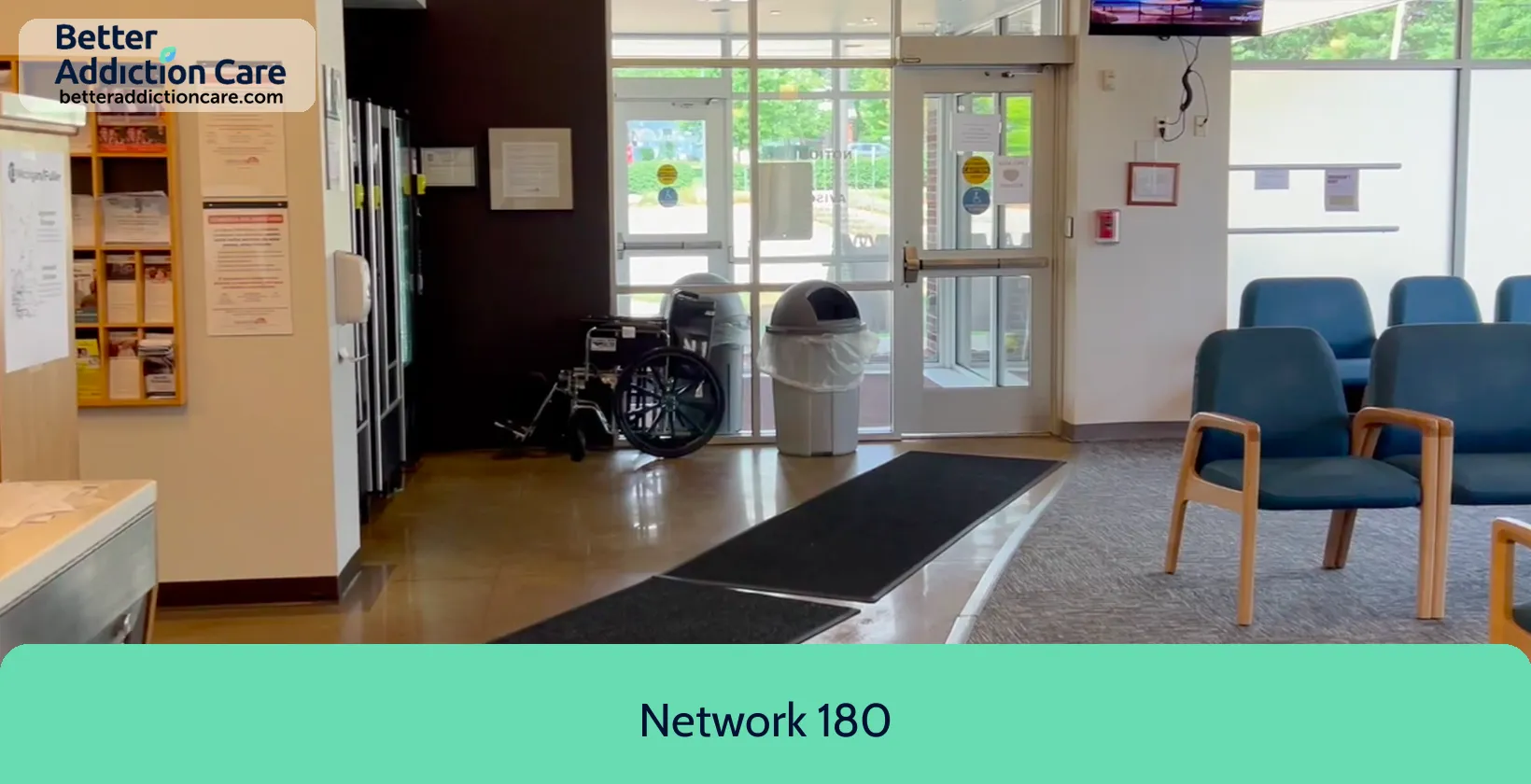
7.64

7.58
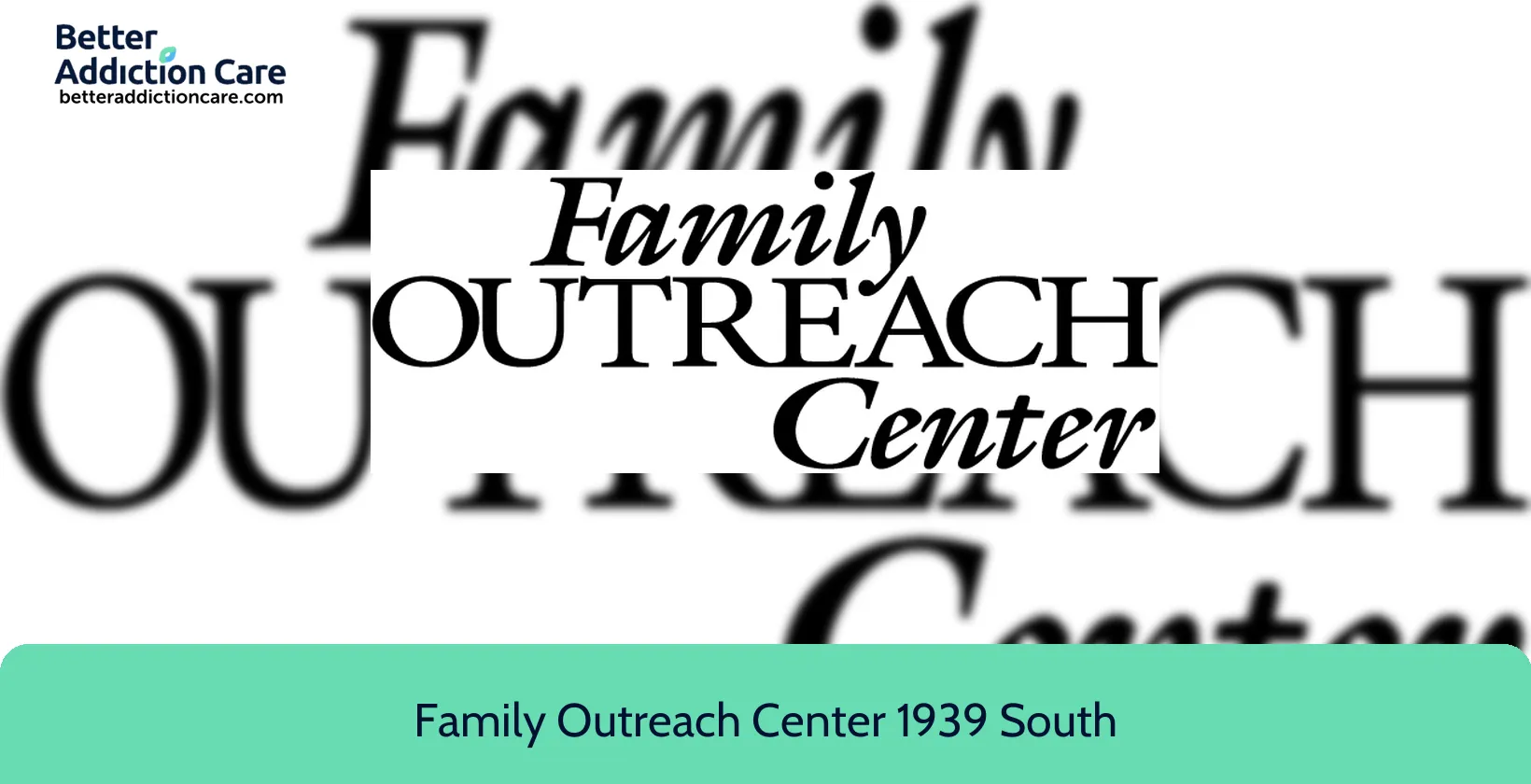
7.15
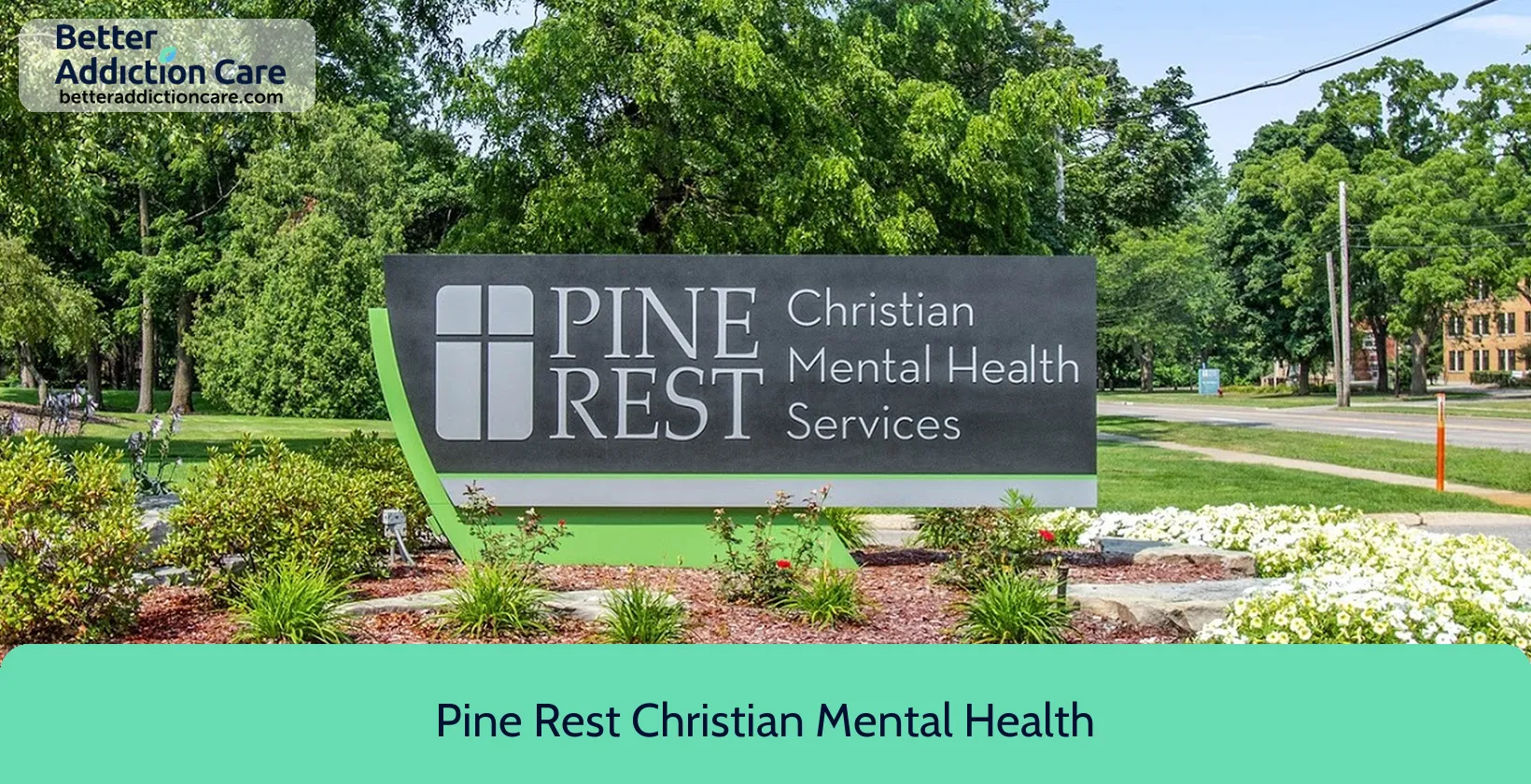
7.95
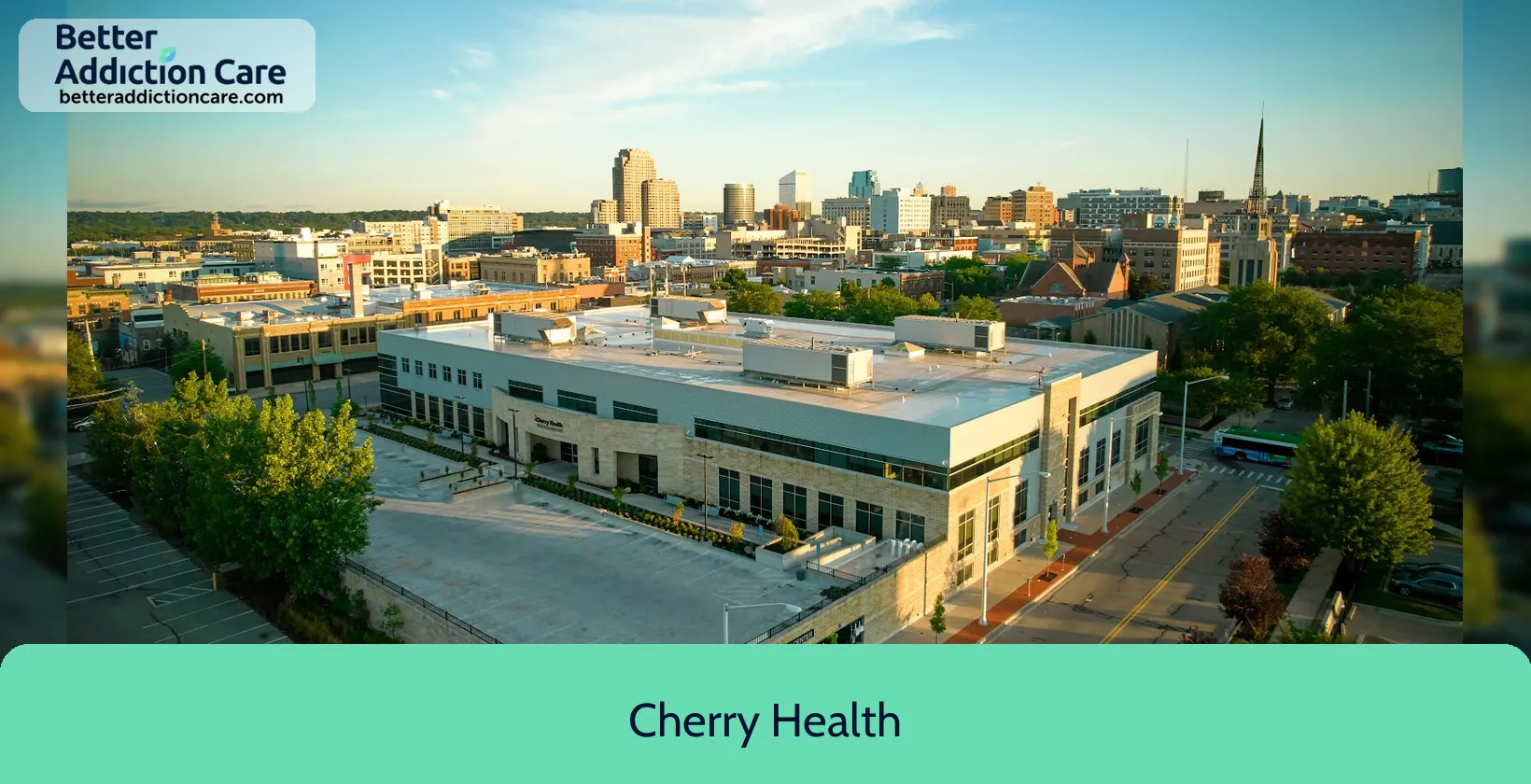
7.48
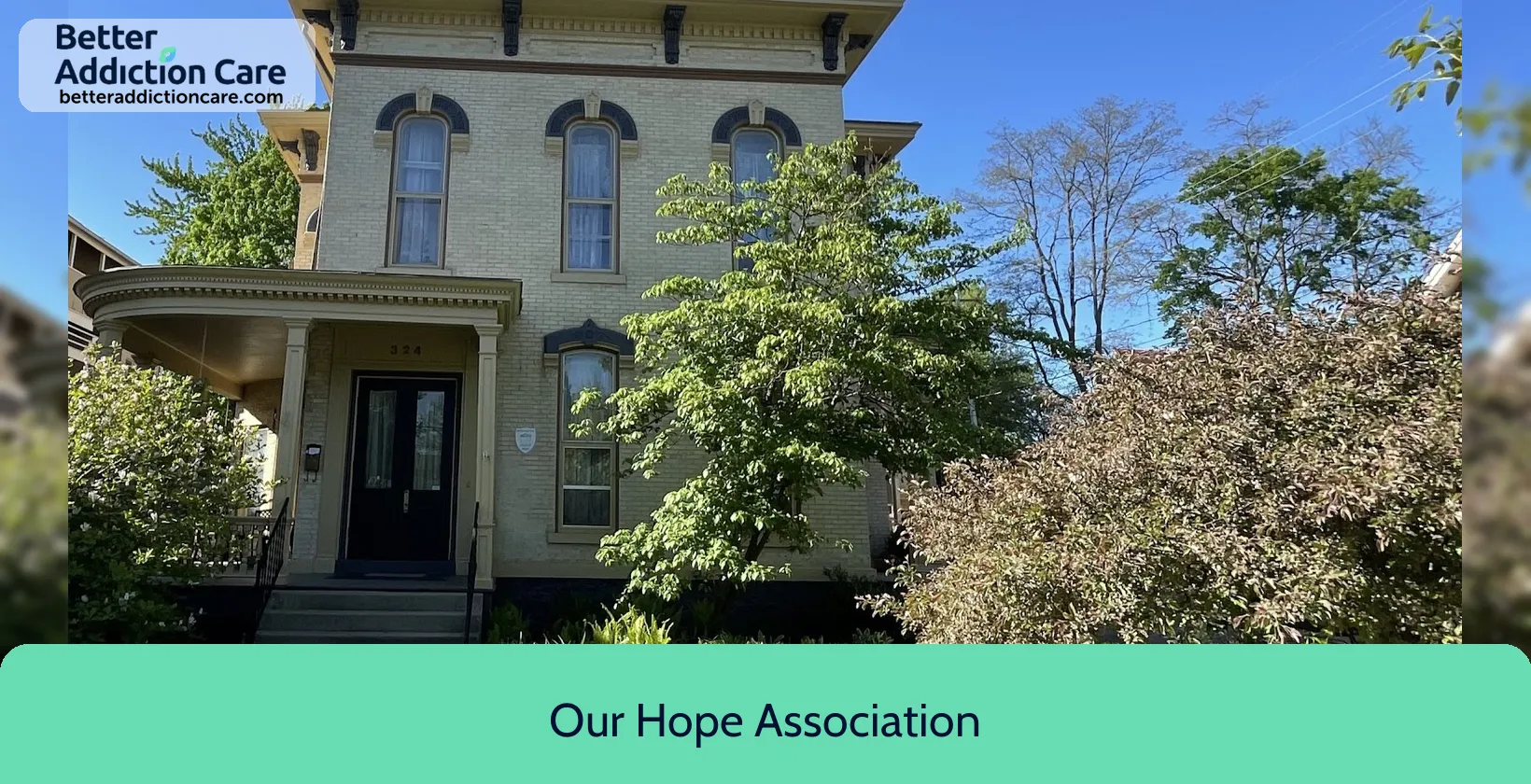
7.49
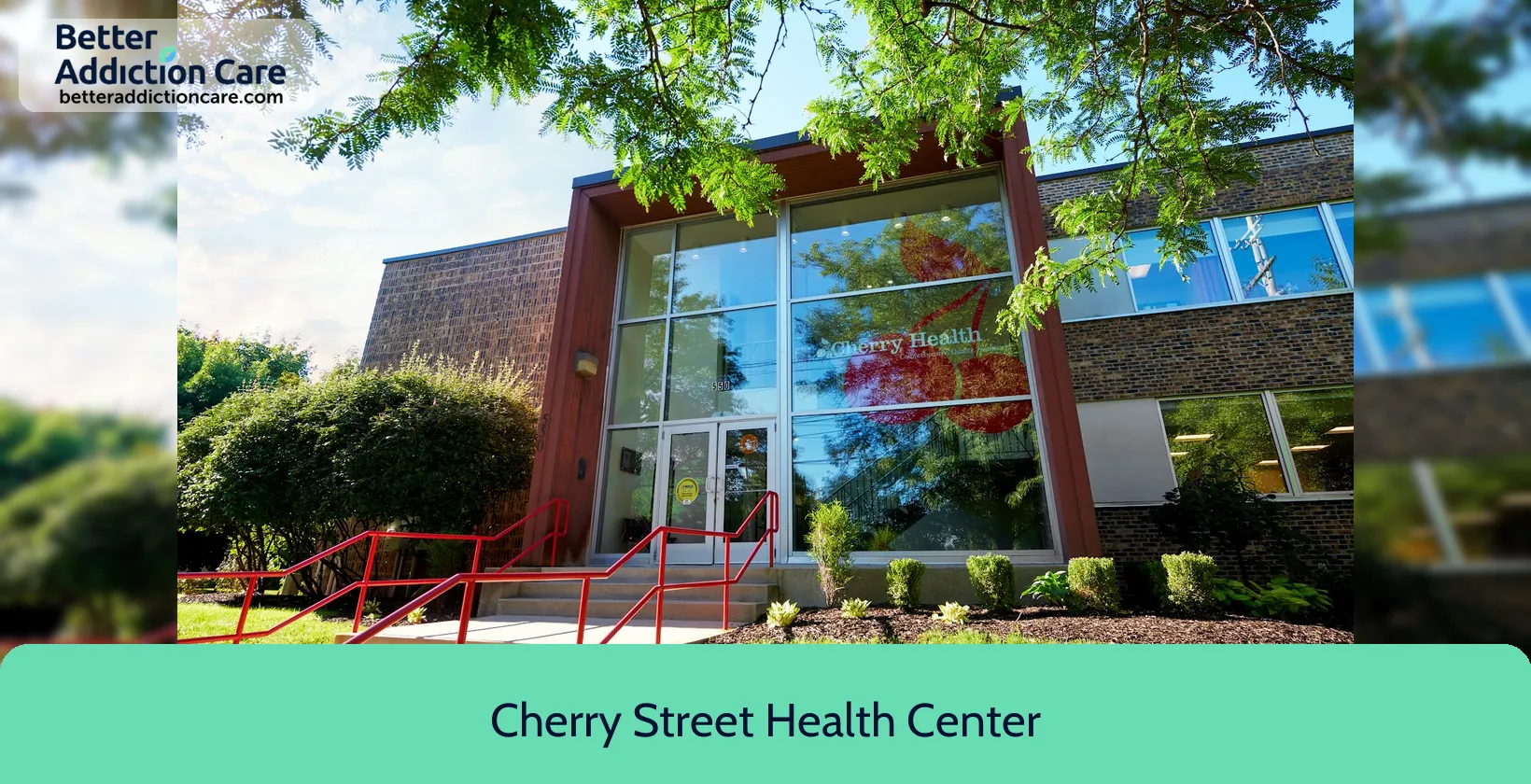
7.43
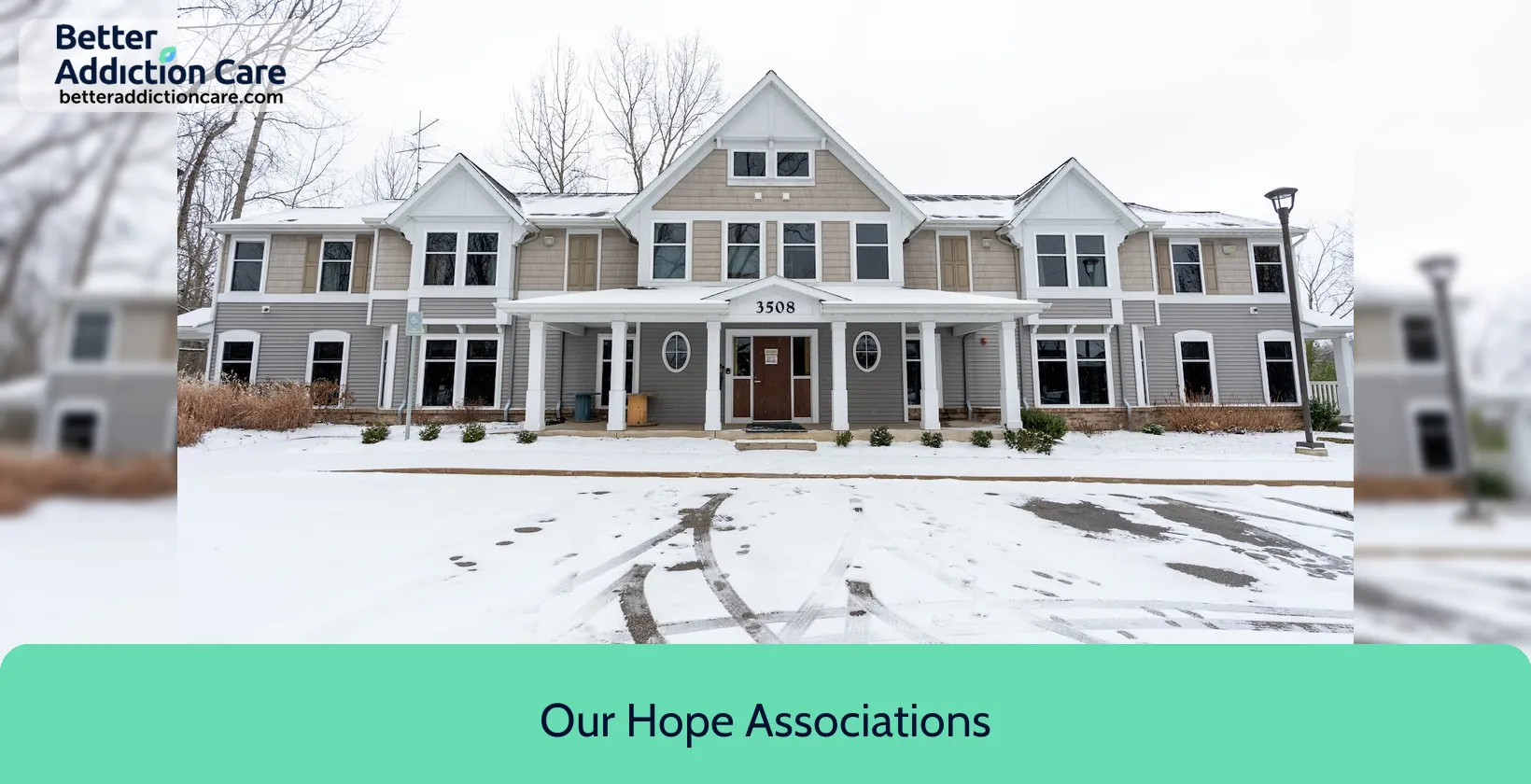
7.39
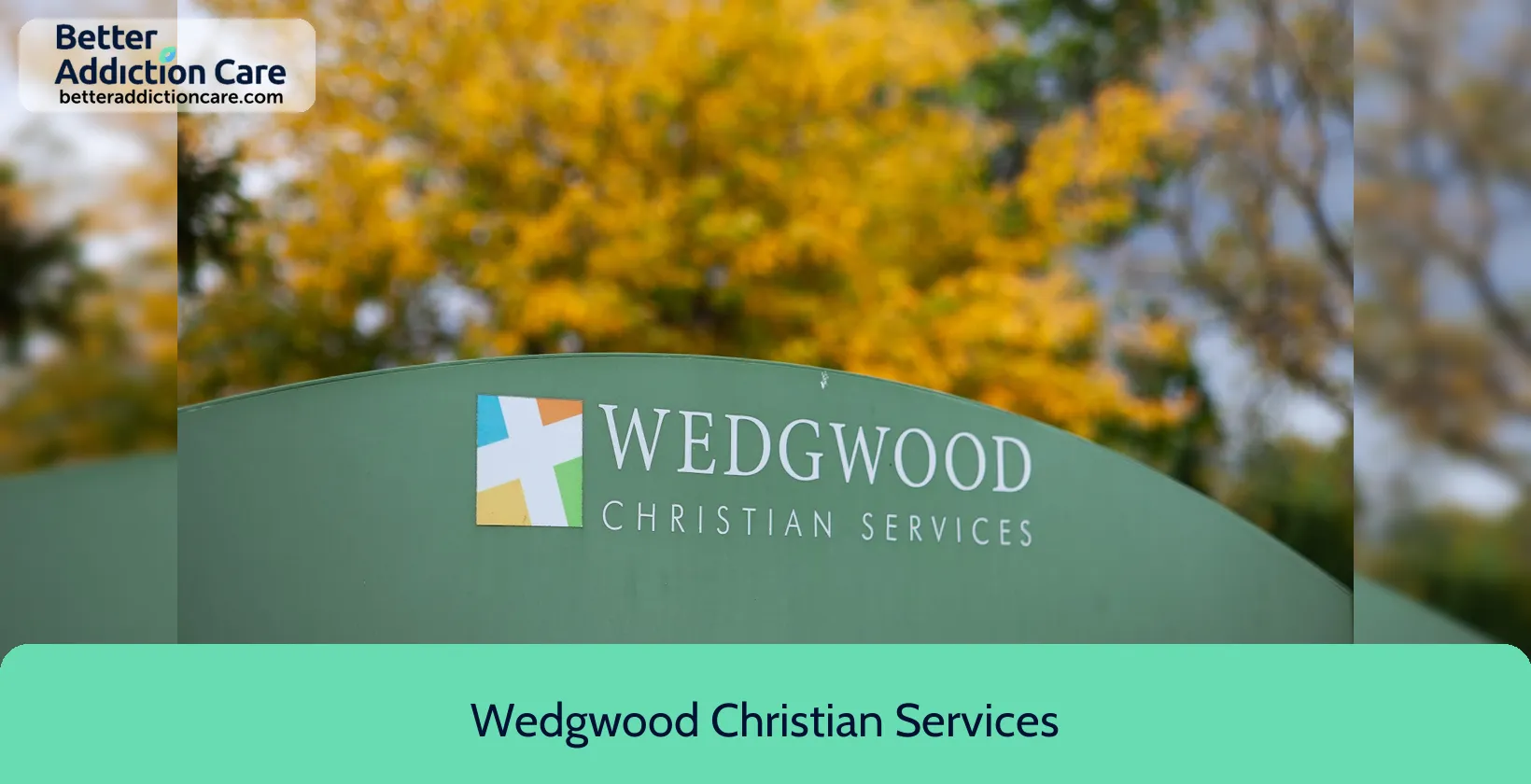
7.05
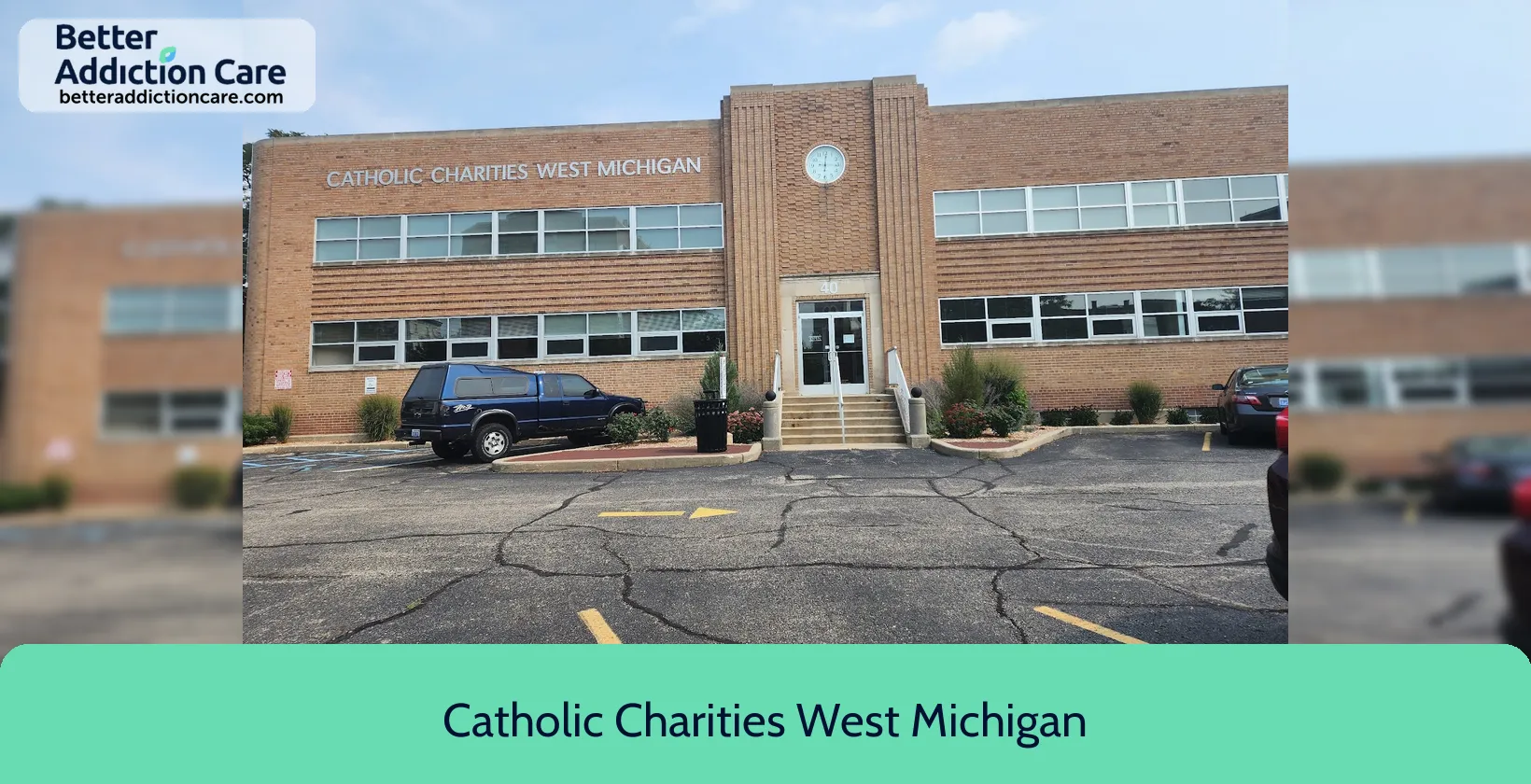
7.11

6.86
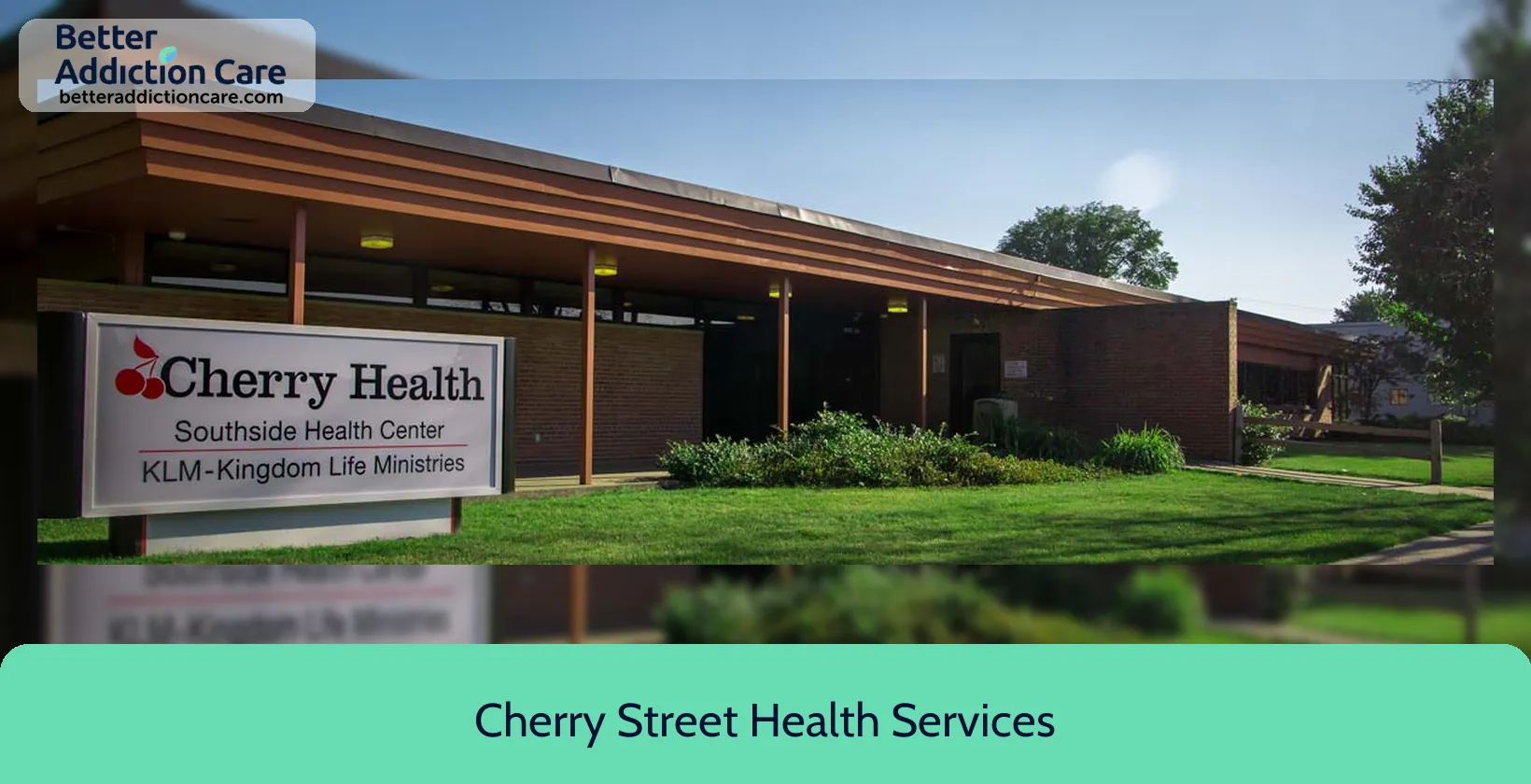
7.05
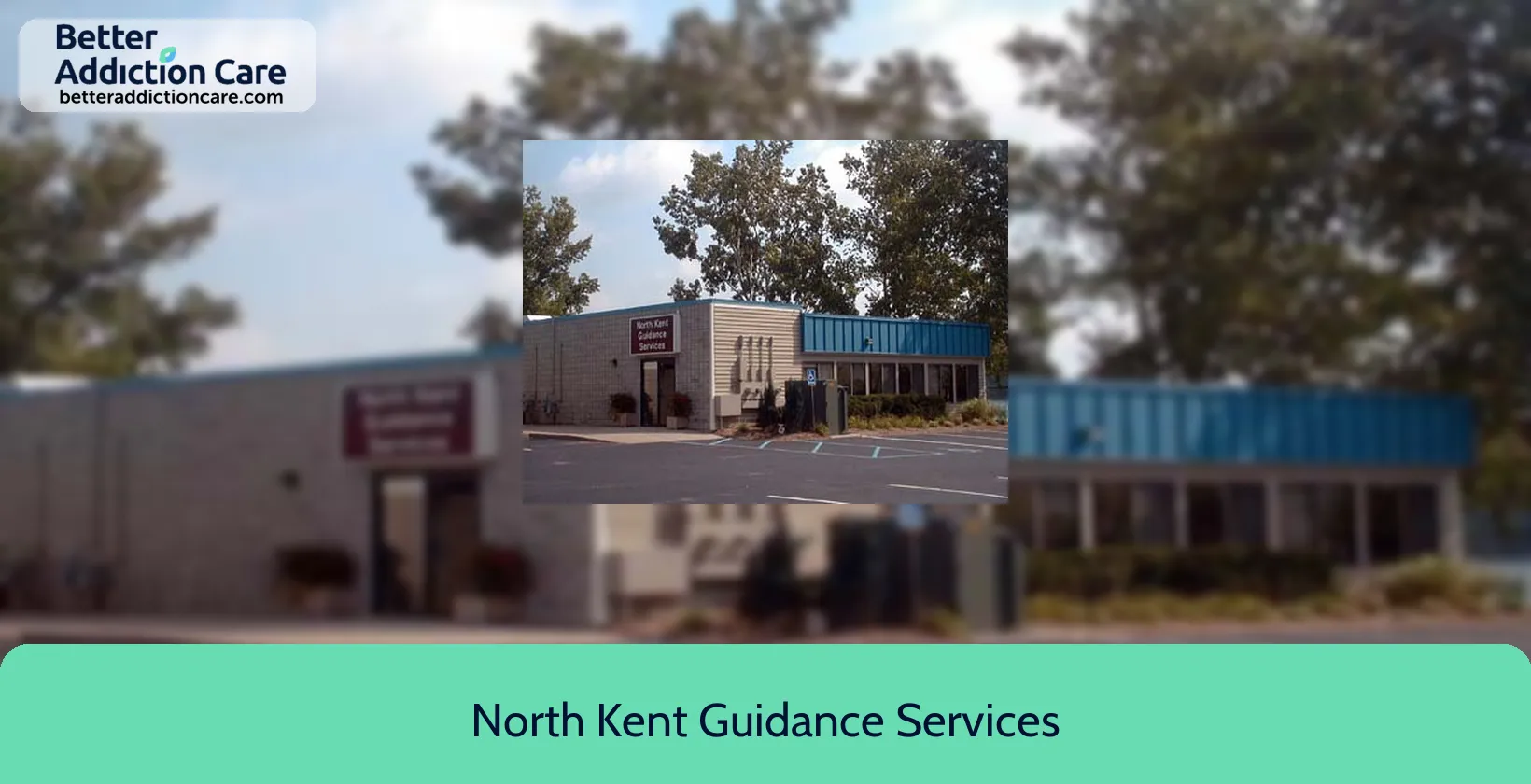
6.86

7.34

6.87

6.96

6.65

6.65

6.56
Local Rehabs in Michigan
Common Questions About Rehab in Grand Rapids
Take a look at our FAQ. We've tried to fill it with all the answers you're looking for. And if not, contact us on (888) 349-0436.


